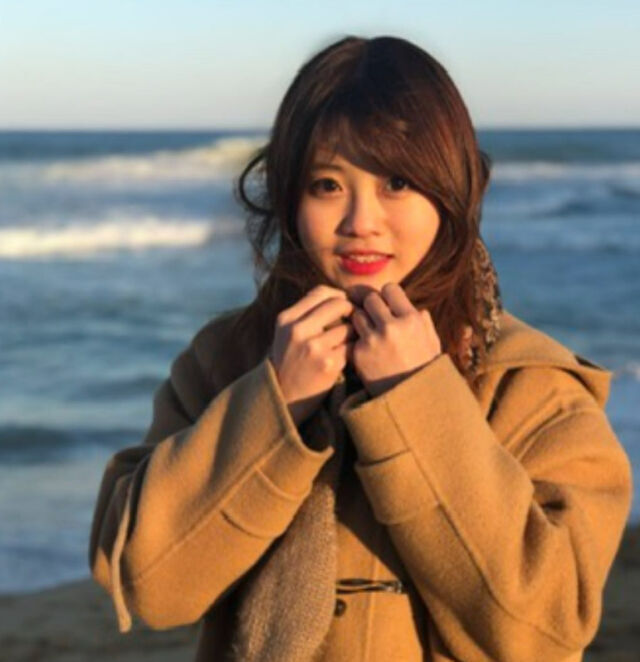
he literary world is still reeling from the loss of Baek Se Hee, author of the international bestseller, I Want to Die but I Want to Eat Tteokbokki, as tributes continue to pour in.
On October 17, the Korea Organ Donation Agency revealed that Baek Se Hee, while in a state of brain death, donated her heart, lungs, liver, and both kidneys to five individuals before passing away.
Published in 2018, I Want to Die but I Want to Eat Tteokbokki has sold over 1 million copies globally and has been translated into 25 languages. It has been particularly successful in the UK, selling more than 100,000 copies.
Responding to Baek Se Hee’s passing, the BBC praised her work, saying that this bestseller has made conversations about mental health more mainstream and delicately explored inner conflicts, particularly highlighting the author’s raw struggles between depressive thoughts and life’s small pleasures.
CNN also weighed in, noting that Baek Se Hee’s book blurs the line between memoir and self-help, candidly unpacking the contradictory feelings of wanting to die yet craving comfort food like tteokbokki that she experienced during her psychiatric treatment.
On October 19, the BBC interviewed readers from both Korea and the UK to showcase the lasting impact of Baek Se Hee’s work.
The outlet reported that from cutthroat competition in school to workplace pressures, coupled with the weight of family and societal expectations, many young Koreans are feeling the burn. This book challenges the notion that social success equals a good life, shining a light on common mental health struggles and showing that acknowledging these feelings is the first step towards healing.
Lee Sang-eun, an elementary school teacher, told the BBC that aspect of the book really hit home for him.
He elaborated that with the rise of social media, we’re constantly bombarded by glimpses into others’ lives, leading to increased self-criticism. It’s normal for everyone to have flaws, but when we’re drowning in this curated content, it feels like a personal attack. We start questioning if our way of living is okay. This book helped him embrace myself, warts and all.
The BBC noted that the book’s popularity has had real-world implications. It has encouraged those grappling with depression to seek professional help and brought mental health issues into the spotlight of public discourse.
The book has struck a particular chord with young women and played a crucial role in expanding the global reach of Korean literature.
Mariana Suuts, a high school teacher in London, shared with the BBC, that she felt a deep connection to the book and was devastated by Baek Se Hee’s passing.
She added that the book sends a powerful message: even when you’re feeling down or facing challenges, you’re not alone. Baek Se Hee tackled everything from everyday annoyances to major life hurdles. Anyone who picks up this book will find a piece of themselves in its pages.
Seon Seung-hye, director of the Korean Cultural Center in the UK, observed that it’s truly significant that Baek Se Hee’s voice resonated in a country like the UK, which has a rich history of exploring the human psyche, from Freud to his daughter. This has further broadened the scope of K-literature and K-culture.
The BBC concluded that her book offers a subtle yet comforting message to countless readers across generations and borders.










